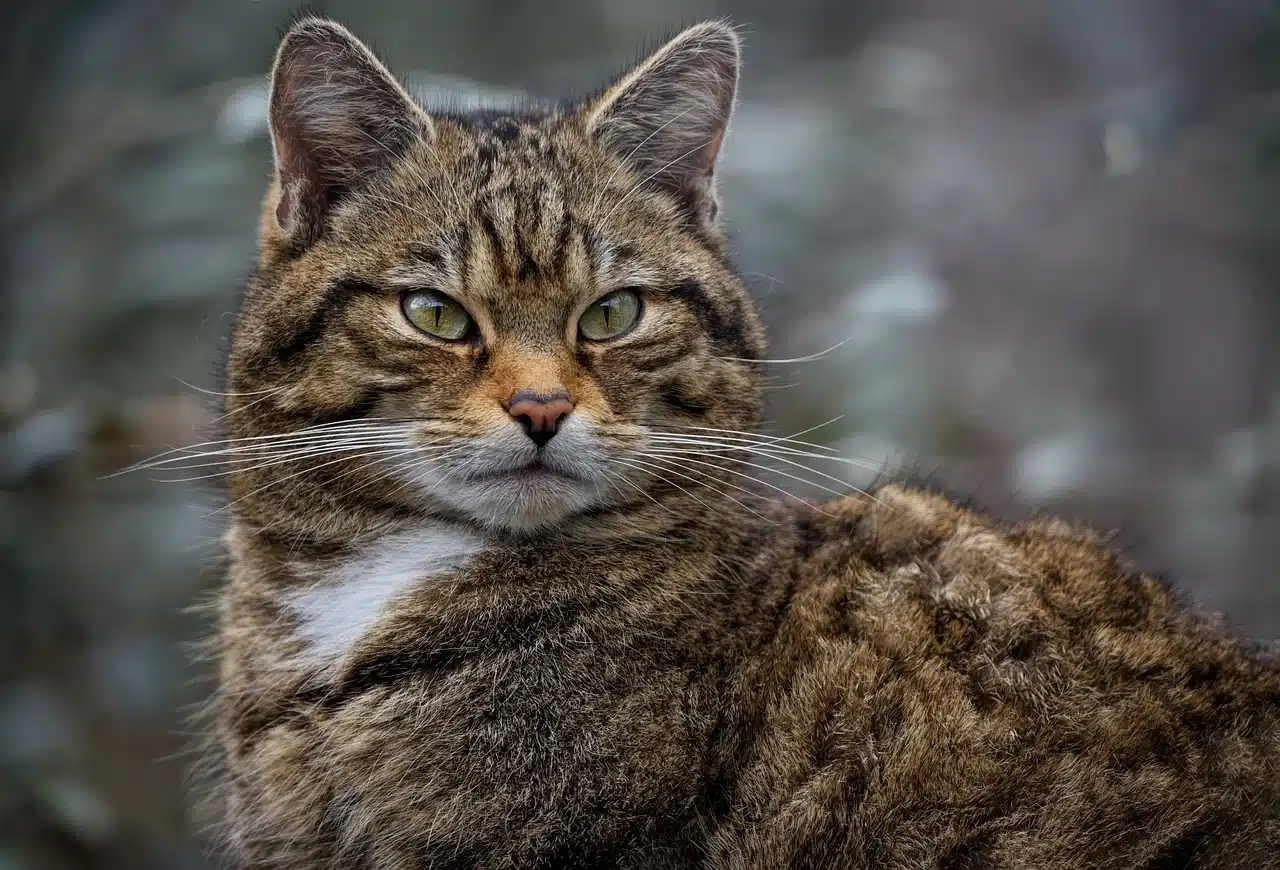Wondering what went right this week in the conservation world? We’ve got you covered with our Conservation Optimism Round-Up! We are collating stories of optimism from around the globe so that you never miss your dose of weekly motivation.
1. Wildlife reintroductions across Australia in 2023
” One such introduction is the Endangered Northern Bettong released at Mount Zero-Taravale Wildlife Sanctuary by the Australian Wildlife Conservancy. In light of the two lost populations and an urgent need to secure a third, AWC in close collaboration with Traditional Owners, Department of Environment and Science (DES) and members of the Northern Bettong Recovery Team, translocated 49 adult and independent sub-adult Northern Bettongs to Mount Zero-Taravale last week. ”
AWC are currently undertaking our biggest year of wildlife reintroductions yet – with 20 species translocated to feral predator-free safe havens across the country. Find out more 👉 https://t.co/uDR4kUT4IS 📸 W Lawler/AWC pic.twitter.com/1MkxrV2ycw
— Australian Wildlife Conservancy (@awconservancy) June 15, 2023
2. Wildcats bred in captivity released into Cairngorms
” It is the first in a series of trial releases at undisclosed locations in the Cairngorms. The Saving Wildcats project began introducing the 22 cats to the park last week. “
Fantastic news! "The time is now to give the 'Highland Tiger' the best chance of survival and I am thankful for the work of our team members, partners and supporters in making this happen." https://t.co/yim6Up0G44 #rewilding #conservationoptimism
— Citizen Zoo (@CitizenZoo) June 16, 2023
3. Australia to triple size of protected marine park to area larger than Germany
” Australia plans to triple the size of an ecologically important marine park and close off an area larger than Germany to fishing and mining, the government announced Monday, protecting millions of vulnerable seabirds and animals. The remote Macquarie Island Marine Park, located off Australia’s southeastern coast between Tasmania and Antarctica in the Southern Ocean, is set to expand to 475,465 square kilometers (about 184,000 square miles). ”
Thanks to conservation efforts, #Australia will expand the Macquarie Island #MPA to 475,000+ sq km, providing critical habitat for numerous species including the Royal Penguin - found nowhere else on Earth! 🐧#conservationoptimism #LetNatureThrive https://t.co/bJqH1EKXcw
— Global Conservation Solutions (@_GCS_) June 17, 2023
4. Return of the lions: Large protected areas in Africa attract apex predator
” But some African lion populations are increasing, with the big cats spotted after years of absence in parks in Mozambique and Chad. The reason: the creation of vast protected landscape mosaics, with natural corridors stretching far beyond core protected lands, which consider the large areas lions need to roam seasonally. This strategy entails collaboration between multiple stakeholders and across varied land uses, including state lands and private property not formally protected. These examples are showing that conservation across landscape mosaics is possible in Africa, and offer the promise of wider benefits to ecosystems and people. ”
Return of the lions: Some African lion 🦁💚 populations are increasing, with the big cats spotted after years of absence in parks in Mozambique and Chad. https://t.co/A68mlqu03f #Conservationoptimism @Peace_Parks
— InternetOfElephants (@ioelephants) June 16, 2023
5. Dive number 257: Operation Taramea removes 6371 coral eating crown-of-thorns starfish
” Marine scientist Dr Teina Rongo and his Kōrero o te ‘Ōrau team have removed 6371 crown-of-thorns starfish from Rarotonga reefs since Operation Taramea began in 2020. “
Some #ConservationOptimism from our partner Kōrero o te ‘Ōrau in the Cook Islands!
— Synchronicity Earth (@SynchEarth) June 13, 2023
Marine scientist Dr Teina Rongo and his team have removed 6371 coral-eating crown-of-thorns starfish from Rarotonga reefs since 2020.https://t.co/zwTAhMFHDE pic.twitter.com/GUhLG7YSrH
6. Conservationists welcome gillnet fishing ban in Great Barrier Reef world heritage area
” The federal and Queensland governments will phase out commercial gillnet fishing in the Great Barrier Reef world heritage area by mid-2027 and create new net-free zones to better protect endangered marine species. The environment minister, Tanya Pilbersek, announced the $160m plan Monday afternoon and said it would significantly reduce net fishing and high-risk fishing on the reef that injure and kill threatened dugongs, turtles, dolphins and protected shark species. “
The federal and Queensland governments will phase out commercial gillnet fishing in the Great Barrier Reef world heritage area by mid-2027 and create new net-free zones to better protect endangered marine species. https://t.co/IjuWsCO8D8 #conservationoptimism pic.twitter.com/kWj5db6QEq
— InternetOfElephants (@ioelephants) June 12, 2023
7. EJ Milner-Gulland (Founder of Conservation Optimism) made a Dame in the UK King’s Birthday Honours List
“Congratulations to Conservation Optimism Founder and Chair of the Board for being awarded a Damehood in the UK for services to International Biodiversity Conservation. Her passion and dedication to nature and conservation, should serve as an example for us all and encourage us to feel positive and take action for nature.”
👏👏SO proud of our SCA founder and chair, @EJMilnerGulland, she does such incredible #conservation work, her passion for the natural workd is second to none, and we are so lucky to have her leading our team.🎉🎉
— SCA (@SaigaCA) June 17, 2023
more here: https://t.co/4l2Yq9sWjw https://t.co/SzoVLJoqtK
Have a story to share for our weekly round-up? Use #ConservationOptimism on Twitter, Facebook, LinkedIn and Instagram!


